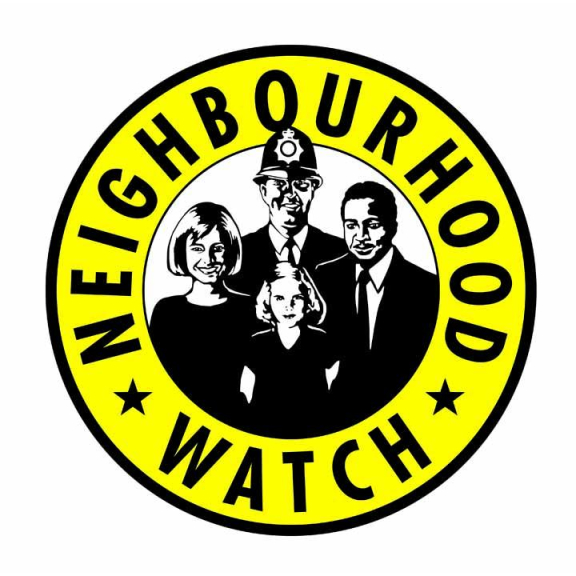
Recent events have made online safety for children more important than ever, but when parents feel less technically savvy than their kids it can be difficult for parents to manage online risks and feel confident when speaking to their kids about how to keep safe online.
To help parents stay up to date, non-profit awareness organisation Get Safe Online has partnered with Norton by Symantec, Neighbourhood Watch and CEOP to launch its ‘Switched On’ campaign, which enables parents to be able to sign up to monthly newsletter emails and download guides from www.getsafeonline.org. The latest information leaflet is attached to this email.
These will provide a wealth of information such as the new online channels that kids are using, the different kinds of technology available for kids, as well as the latest safety issues, relevant organisations and the appropriate steps of how to keep children of all ages safe.
Ofcom research reveals that 63% of parents of 12- 15 year olds feel their kids know more about the internet than they do and parents are more concerned about their child downloading a virus (23%) than they are about the contact their child might be having with people online (19%). This comes at a time when 30% of children aged 8 - 15 with a profile on Facebook, Ask.fm and other social media sites have their profiles set so that friends of friends or anyone can see them.
Get Safe Online is also launching the ‘Switched-On Hotline’ throughout September for parents to ring up experts from Norton by Symantec to speak about any online safety issues that are worrying them, including advice on parental control software.
Sometimes it can be difficult for parents to monitor what children are doing online and research shows that while 39% of parents of 12-15s use the history function to see which websites their child has visited, 42% of children aged 12 -15 said they know how to delete website histories and 19% of 12-15s have actually deleted website histories in the last year.
Top Tips for how parents can keep their children safe online:
The Child Exploitation and Online Protection Centre (CEOP) is dedicated to tackling the sexual abuse and exploitation of children and young people. CEOP is here to help young people (up to age 18) who have been forced or tricked into taking part in sexual activity with anyone online or in the real world. For information, advice and to report concerns directly to CEOP, visit the Safety Centre www.ceop.police.uk/safety-centre.
The Get Safe Online website also provides parents with signposted links to wider organisations who can help with issues related to child internet safety including UKCCIS, Childnet, Beat Bullying and Parentport.
The ‘Switched On’ hotline will run from 9am-9pm seven days a week throughout September on 0207 744 0022. Get Safe Online is also giving away 100 copies of Norton Internet Security, which includes the free web monitoring and blocking software, Norton Family on its Twitter Feed. Follow @GetSafeOnline for more information on how to win one.
Shy retiring (!) red-head from south Leics working hard to showcase everything great about our towns and villages. Loves her son, her man & Bruce Springsteen!
The following Cookies are used on this site. Users who allow all the Cookies will enjoy the best experience and all functionality on the site will be available to you.
You can choose to disable any of the Cookies by un-ticking the box below but if you do so your experience with the Site is likely to be diminished.
In order to interact with this site.
To show content from Google Maps.
To show content from YouTube.
To show content from Vimeo.
To share content across multiple platforms.
To view and book events.
To show user avatars and twitter feeds.
To show content from TourMkr.
To interact with Facebook.
To show content from WalkInto.